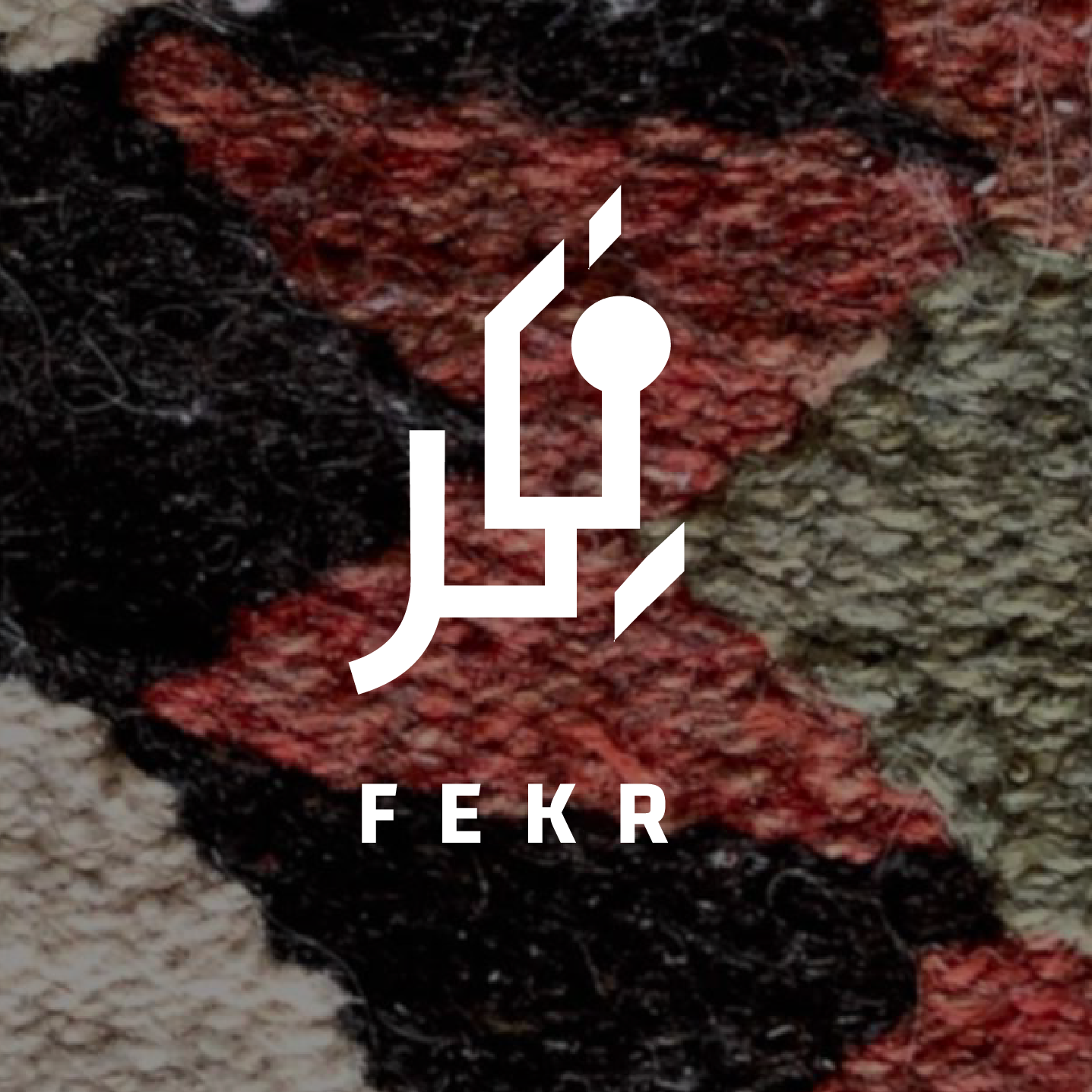Opinion: Echo Chambers in the U.S. Department of State and Their Effects on Iran Policy
On sanctions and US policy towards Iran
As the U.S. continues to face challenges in establishing a productive relationship with Iran, it becomes increasingly important to examine all facets of policy-making agencies within the U.S. government. The limited progression of diversity within the State Department's senior levels under the Trump administration and the problematic ways this agency has decided to interact with the Iranian diaspora calls to question decisions to continue to employ a segment of the population that perpetuates the reigning elitist paradigm of the department. With plans for sanctions towards Iran continuing to intensify under the Trump administration, a commitment to diminishing bias in the department must be a priority.
With no signs of the Trump administration pulling back on these economic constraints coupled with threats to escalate the maximum pressure strategy throughout 2020, the country will inevitably sink further into the existing crippling recession.
Sanctions have been one of the tactics Washington continues to use to pressure restrictions on Iran’s nuclear program or punish any form of retaliation from the regime. Economic sanctions are a government-enforced penalty towards a particular country that entails constraints on trade or other economic activities with the overall goal of bringing about a change in the country’s behavior. The use of sanctions on Iran has been a contested topic among foreign policy experts in Washington; however, without a strong opposition within the higher ranks of the State Department, the Trump administration has been able to legitimize crippling sanctions under his maximum pressure campaign. U.S. economic sanctions towards Iran exist to eliminate engagement between the U.S. economy and companies based in Iran. Sanctions have been incredibly detrimental to Iran’s economy. With no signs of the Trump administration pulling back on these economic constraints coupled with threats to escalate the maximum pressure strategy throughout 2020, the country will inevitably sink further into the existing crippling recession.
A shift in US policy towards Iran under the Trump administration has been advanced by the current homogenous nature of the department. Although there has been a steady increase in the number of minority populations hired by the department at the entry-level, there still remains an issue of diversity at the senior level due to a series of dismissals made by the Trump administration in 2017. An example of the president’s destruction of representation in the State Department is the removal of Sahar Nowrouzzadeh, a member of the State Department’s Policy Planning staff who played a role in the formation of the Iran nuclear deal under President Obama. Before her career as the Iran desk officer of the White House, Nowrouzzadeh was employed by the National Iranian American Council (NIAC), an Iranian-American lobby group that seeks to put an end to sanctions and create a better relationship between Iran and the U.S. through diplomacy. President Trump’s attack on a high-ranking policy official demonstrates one of the ways in which political agendas impede progress towards diversity of opinion within U.S. intelligence.
A lack of diversity in opinion within the State Department's senior levels manifests in the department's decision to elevate the voices of the Iranian diaspora that align with Washington's interests. The People’s Mujahedin of Iran (MEK) is an Iranian secessionist organization that has persistently lobbied U.S. government officials such as National Security Advisor John Bolton in an effort to push for heavier sanctions and to abolish the current regime. Despite the group being condemned by a majority of Iranians, the rhetoric put forth by the MEK towards the Iranian government has drawn the attention and support of prominent U.S. officials as it appeals to Trump’s ‘maximum pressure’ plan.
In deciding to side with the MEK, the U.S. has also authorized the suppression of dissidents from the Iranian-American community. Under the name of the Iran Disinformation Project, the U.S. State Department has attacked and falsely accused several individuals of being Iran sympathizers, including Iranian-American journalist Jason Rezaian. Rezaian reveals that the U.S. government intentionally targeted individuals for their opposing stance on sanctions and other maximum pressure programs through an initiative designed to investigate online extremism. Although Rezaian has been openly critical of the regime and has even experienced torture in an Iranian prison, disagreement in the way the U.S. should approach Iran poses a threat to the current discourse surrounding Iran policy. Therefore, although the reigning consensus on foreign policy towards Iran has been ineffective, agencies such as the State Department continue to circulate the same vision of Iran policy as long as it helps justify their actions there.
Diversity in political beliefs as well as background remain fundamental in creating a department that challenges narratives stemming from the president and other sources of expertise in Washington. For an agency that holds so much power on an international scale, there must be greater accountability in the form of a strong opposition when it comes to how it decides to inform policy.
Citations and source for further reading:
Harb, Ali. “How Iranian MEK Went from US Terror List to Halls of Congress.” Middle East Eye, 17 July 2019, www.middleeasteye.net/big-story/Iranian-MEK-US-terror-list-halls-congress-PMOI-Iran.
“Iran Sanctions - United States Department of State.” U.S. Department of State, U.S. Department of State, 25 June 2020, www.state.gov/iran-sanctions/.
Kamen, Al. “Iran Talks Conference Call: A Lesson in How Not to Become Famous in Washington.” The Washington Post, 2 Apr. 2015, www.washingtonpost.com/blogs/in-the-loop/wp/2015/04/02/heres-how-not-to-become-famous-in-washington/.
Macias, Amanda. “Pompeo Calls Iranian Regime 'an Accomplice' amid Deepening Coronavirus Outbreak.” CNBC, 17 Mar. 2020, www.cnbc.com/2020/03/17/coronavirus-pompeo-calls-iranian-regime-an-accomplice-amid-crisis.html.
Rezaian, Jason. “Opinion | The State Department Has Been Funding Trolls. I'm One of Their Targets.” The Washington Post, 4 June 2019, www.washingtonpost.com/opinions/2019/06/04/state-department-has-been-funding-trolls-im-one-their-targets/.
Toosi, Nahal, “State Dept. Official Reassigned amid Conservative Media Attacks.” Politico, 21 Apr. 2017, www.politico.com/story/2017/04/21/sahar-nowrouzzadeh-reassigned-state-department-237466.
Wallsh, David. “The 'Maximum Pressure' Campaign Undermines Trump's National Security Strategy.” Atlantic Council, 12 Feb. 2020, www.atlanticcouncil.org/blogs/iransource/the-maximum-pressure-campaign-undermines-trumps-national-security-strategy/.
Zeya, Uzra, et al. “Trump Is Making American Diplomacy White Again.” Politico, 17 Sept. 2018, www.politico.com/magazine/story/2018/09/17/america-is-making-diplomacy-white-and-male-again-219977.
